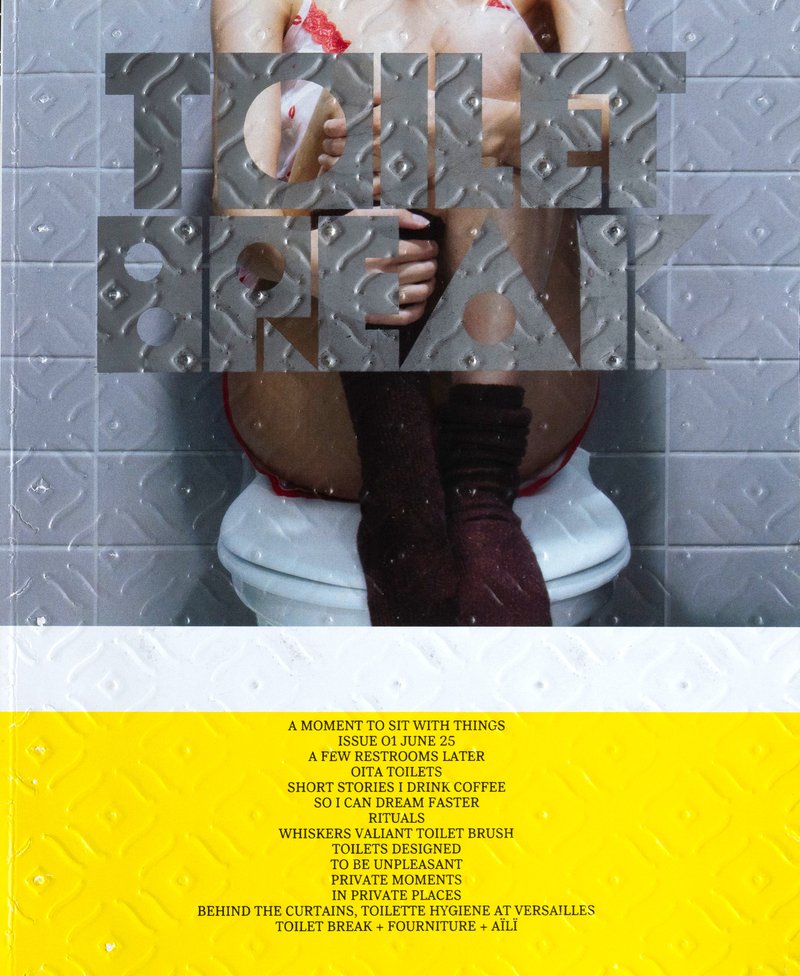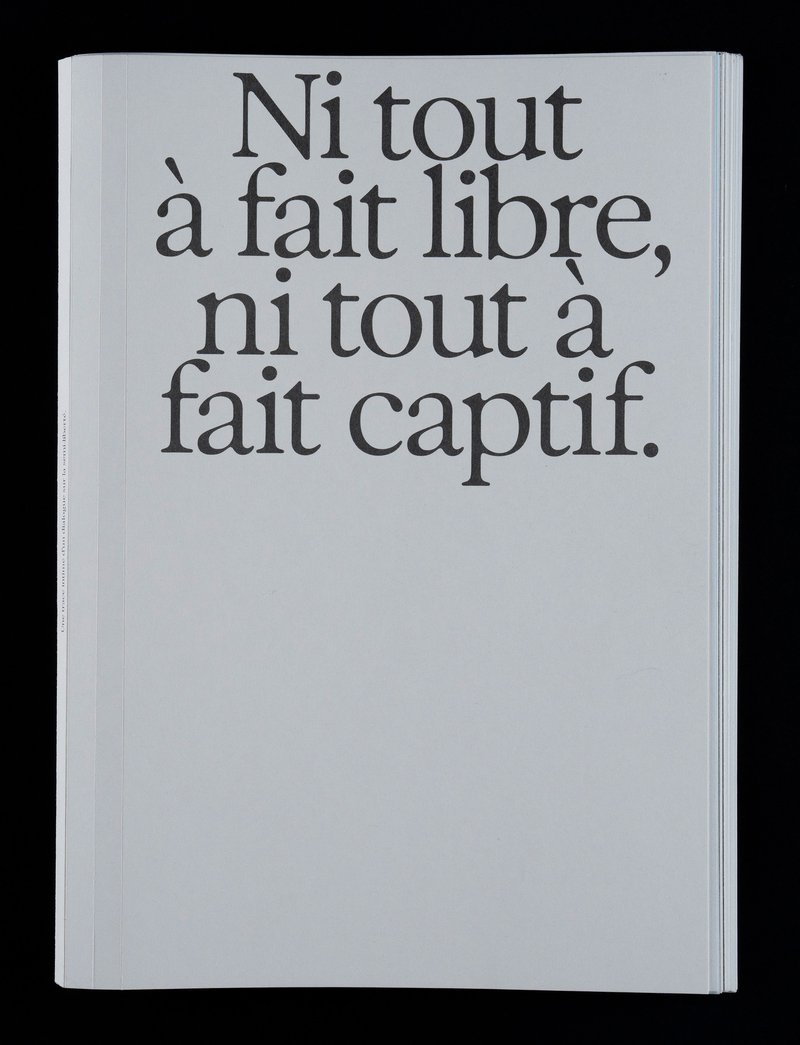Documentary
Synopsis
Young couples in search of intimacy on the banks of the Nile in Cairo. Léonore Baud tries to catch them with her camera in a long tracking shot in a car, but as soon as the lovers feel they are being watched, they stop snogging. Uncomfortable with this device, the director stops shooting. What she would like to do is to get out of the car and film the couples openly. A step that Egyptian moral rules make impossible however.
Lovers of the Nile poses a fundamental question of the documentary genre: can we force people to be filmed? Continuing her adventure, the filmmaker organizes a casting session where she chooses a couple to whom she proposes to play the game of love in front of the camera. But the young people do not succeed, because for them, kissing in public is transgressing the rules of propriety. Léonore Baud doesn't let herself be discouraged, and that's the whole point of her film. She is therefore going to be interested in the origins of these moral prohibitions. She starts looking for information on the subject from Egyptian filmmakers and the head of the censorship. They all told her that the gap between the Arab and Western world is deep, and that she had to accept that the ethical, moral and cultural rules that govern Egypt are different from her own.
The filmmaker will therefore not make Lovers of the Nile, but will instead offer us a subtle reflection on the profession of filmmaker.
Comment
Making a documentary on lovers in Cairo: this is the project of a young Swiss student of cinema who quickly comes up against a term that is absolutely foreign to his work: censorship. A short journey through the world of contemporary Egyptian cinema in search of encounters, replies and confrontations with images and reality.
Cécile Tanner (
Catalogue du Festival "Visons du Réel", 2008)
Festivals and awards
2012
- Bought by and broadcasted on TV5 Monde
2008
- Nyon, Festival Visions du Réel





